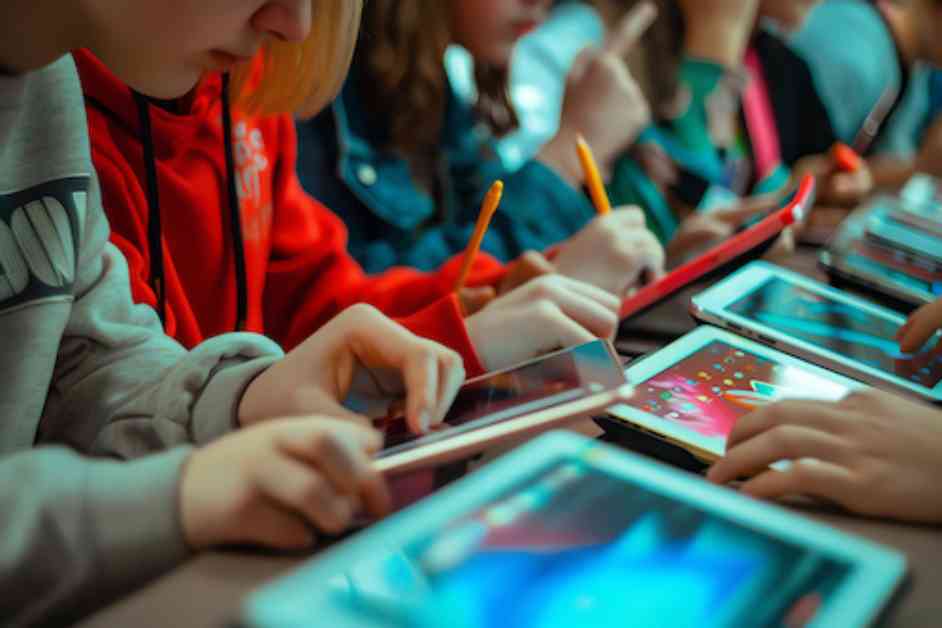The Evolution of Education in the Digital Age
In the wake of the pandemic, the landscape of education has shifted dramatically. With the rise of technology, educators are faced with the challenge of engaging students in modern ways to ensure their success in a rapidly changing world. Digital learning tools have become essential in this new era, but how exactly are educators utilizing these tools to enhance the learning experience for their students?
Engaging Students in New Ways
One of the key points to consider in the post-pandemic education landscape is the need for digital learning tools to engage students in innovative ways. Traditional methods of teaching are no longer effective in capturing the attention of today’s tech-savvy generation. As educators adapt to this new reality, they must find creative ways to keep students motivated and interested in the learning process.
Five Educators Leading the Way
To understand how digital tools are being used in the classroom, it’s crucial to look at the practices of educators who are at the forefront of this technological revolution. By exploring the strategies employed by these trailblazers, we can gain valuable insights into the best practices for integrating digital tools into the curriculum.
Hands-On Learning for Gen Alpha
As we look to the future, it’s clear that hands-on learning will play a crucial role in helping Gen Alpha reach new levels of technical innovation. By providing students with opportunities to engage in real-world experiences and experiment with cutting-edge technology, we can foster a generation of innovators and problem solvers who are well-equipped to tackle the challenges of tomorrow.
The Impact of Social Media on Education
While technology has the power to revolutionize education, it also brings with it a set of challenges. The rise of social media has had a profound impact on the way students interact and learn, leading to concerns about increased behavioral issues and decreased engagement in the classroom. As educators grapple with these issues, it’s essential to consider the role that social media plays in shaping the attitudes and behaviors of today’s youth.
The Role of Artificial Intelligence in Personalized Learning
In the quest for personalized learning, artificial intelligence has emerged as a powerful tool for tailoring educational experiences to meet the unique needs of each student. By leveraging AI technology, educators can create adaptive learning environments that provide students with customized instruction and real-time feedback. This new era of personalized learning holds the promise of transforming education and empowering students to achieve their full potential.
Looking Towards the Future
As we navigate the complexities of the digital age, it’s clear that education must evolve to meet the needs of today’s learners. By embracing new technologies and innovative teaching methods, educators can create engaging and immersive learning experiences that prepare students for success in an increasingly digital world. The future of education is bright, and with the right tools and strategies in place, we can empower students to thrive in the ever-changing landscape of the 21st century.







